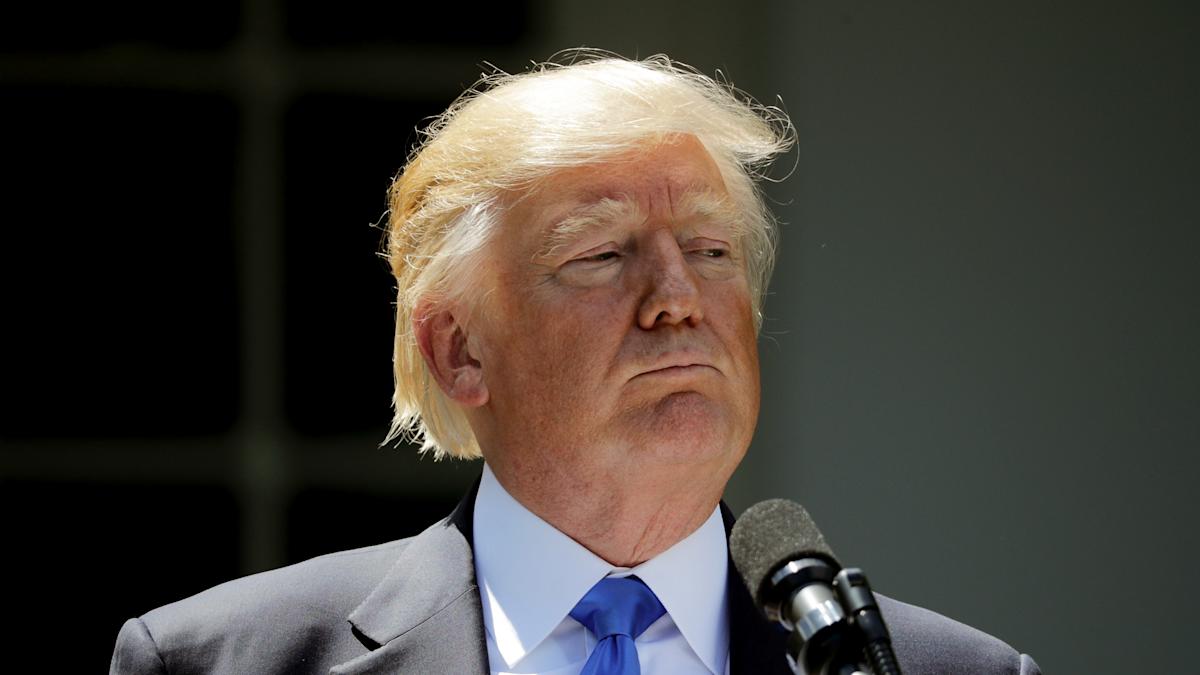President Donald Trump claims he inherited a bad economy from former President Joe Biden. In his 2025 speech to Congress, published by Time, Trump stated, “We inherited from the last administration an economic catastrophe and an inflation nightmare.”
But statistics say otherwise. While inflation did rise under the Biden administration, many other markers pointed to a strong economy. And today, according to some experts, Trump’s policies are already reversing the strong economy that he inherited.
Check Out: Trump Wants To Replace Income Taxes With Tariffs: 2 Impacts on the Middle Class
Read Next: Here’s the Minimum Salary Required To Be Considered Upper Class in 2025
When Trump stepped into office, he inherited an economy that Biden had largely bolstered. According to CNN, from February 2021 through December 2024, the economy added 16.6 million jobs, and employment passed pre-pandemic levels in June 2022. When Biden entered office, unemployment was at 6.8%, but that job growth meant that unemployment dropped below 4% for 27 months while he was in office.
Inflation grew during the Biden administration, and prices rose substantially. Interest rates climbed, reaching a 23-year high, and housing prices continued to climb. During the third quarter of 2024, the median sales price for a single-family home was 18% higher than it was in the first quarter of 2021. However, consumer spending maintained at a high rate, likely spurred on by increased employment and higher wages.
The stock market also thrived, meaning investors’ retirement accounts grew and signaled a strong overall economy.
See More: Who Would Benefit the Most from Trump’s Social Security Tax Plan?
Trump campaigned on bringing down grocery prices and boosting the economy. So far, his proposed and implemented policies are already having a tremendous effect — but maybe not the effect that voters were expecting.
On April 2, Trump announced tariffs on imports from most nations, prompting a three-day stock selloff that eliminated trillions in market value. The tariffs, which United States consumers pay in the form of higher prices for products, can increase inflation and the risk of a recession. When Trump announced a 104% tariff against China to begin on Wednesday, April 9, stocks fell again.
The tumultuous stock market means potential losses for investors, and individuals who are close to retiring or who are retired are now relying on smaller investment accounts, at least for the time being. The tariffs are hitting businesses hard, including small business owners who worry that their businesses won’t survive the tariffs. The overall uncertainty caused by the tariffs also makes it difficult for businesses to plan inventory and supply purchases, and may result in increased layoffs.
Story Continues
